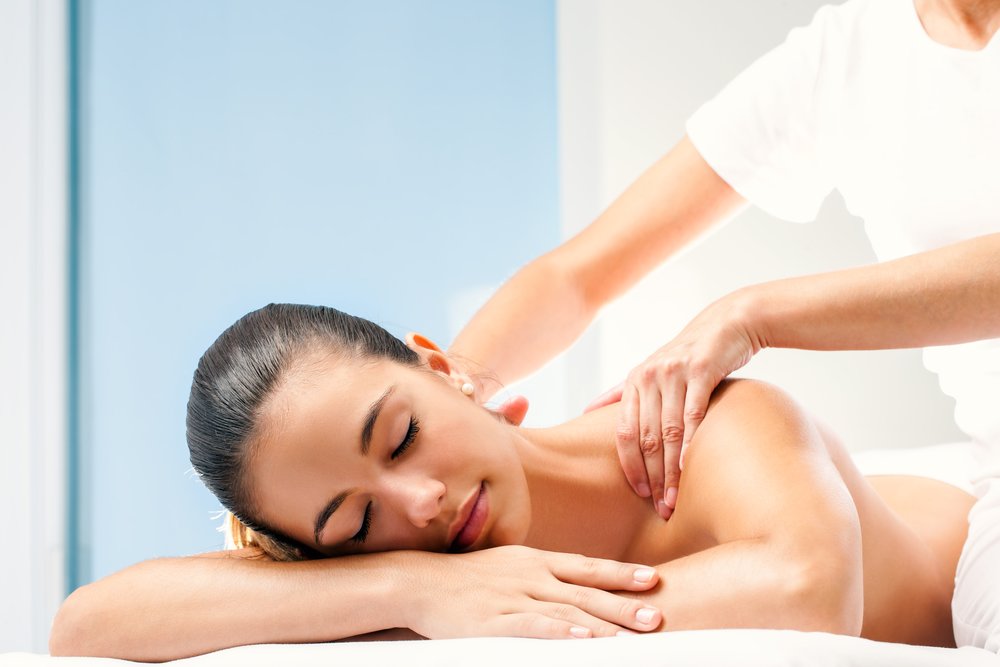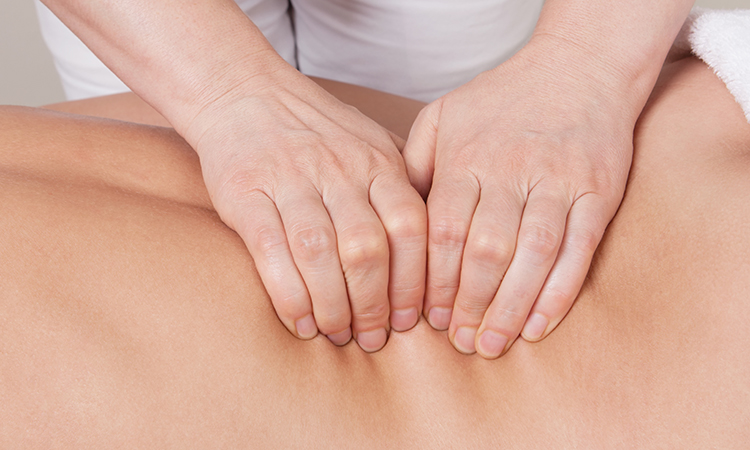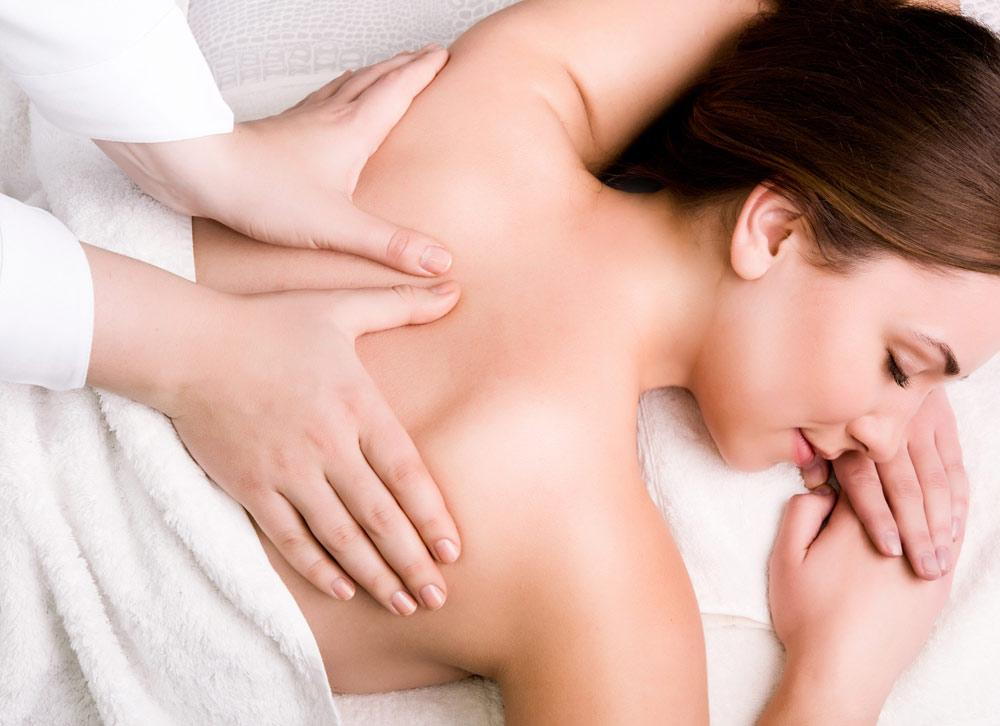One treatment that has been used for a very long time is massage therapy, and it improves our state of mind, body, and spirit. Massage might make you think of a luxurious treatment you get once a year, maybe on a spa vacation. The only way to get the long-term benefits of massages is to get them often.
But how often should you have a massage, and will it save you time and money? In short, the answer is yes. A massage more often is a good investment if your budget allows for it. Most people today work in high-stress jobs and have stressful commutes, and then they sit spending daily screen time of eight hours which is bad for their posture. Over time, stress and bad posture can lead to long-term health problems like low mood, trouble sleeping, and pain in the back and neck. All of these things can be helped by getting a massage regularly.
Some of the upsides of regular massages include the following:
- Getting a massage can help you feel less anxious and less stressed.
- When you have long-term pain, massage can help.
- Massage helps loosen up muscles that are tight and sore.
- How massage affects how well you do in sports
- Massage can help people get better after an accident.
- You can calm down with a massage.
- Massage improves circulation.
- Massage helps the body’s way of cleaning itself.

How Massage Helps the Immune System?
After getting a massage, you may be able to move more freely. The more massages you have, the better your body will feel and the happier you’ll be.
Getting massages from Back Massage London regularly will help a lot. The optimum thing would be to receive a massage once a week or every two weeks. One massage won’t fix years of damage, just like a short run on a treadmill won’t get you ready for a marathon, and one salad won’t help you reach all of your health and nutrition goals.
Which do you need?
Getting Rid of Pain:
You may need it more often if you use massage to relieve pain or other health problems. Most of the time, your therapist will tell you to get massages once or twice a week while you heal from an injury.
The way your body reacts to a given situation will work out once or twice a week if you have a long-term health problem. If you start to feel pain again after a few days, you should call your massage therapist(Back Massage London) to set up another appointment. If you don’t have any pain after a week, you can start to wait longer between sessions. At first, people usually find that they need more sessions to deal with their pain. Your sessions will happen less often as your muscles loosen up and start to heal. Your massage therapist may show you some stretches you can do at home to keep your therapy going between appointments.

How to Reduce Stress:
Learning to control your stress levels is just as crucial to your health as eating well and getting enough exercise. Your efforts in the gym and kitchen could be for naught if you’re constantly worried about compromising them.
People can relax, lower their blood pressure, and have less cortisol in their bodies with the help of massage therapy. Stress can hurt your body and mind, but getting a massage once a month from Back Massage London can help.
Performance in sports and getting better:
You might want to get massages more often than usual while training for a marathon. A massage once or twice a week can help you stay in shape and help you heal faster after an event or competition. Serious athletes may need to work twice weekly to stay in top shape.
Massage helps warm up and stretch muscles before a tournament, which lowers the risk of getting hurt. It also increases muscle flexibility and range of motion, making you stronger and better at your work. It also speeds up blood flow, eases tension, removes lactic acid buildup, and lowers stress.
A post-event massage is given right after the event to help the athlete recover. It helps stiff muscles get their range of motion and blood flow back and also removes the pain from working out. Massages can help you keep your health, range of motion, and muscle flexibility even when you’re not working out.
